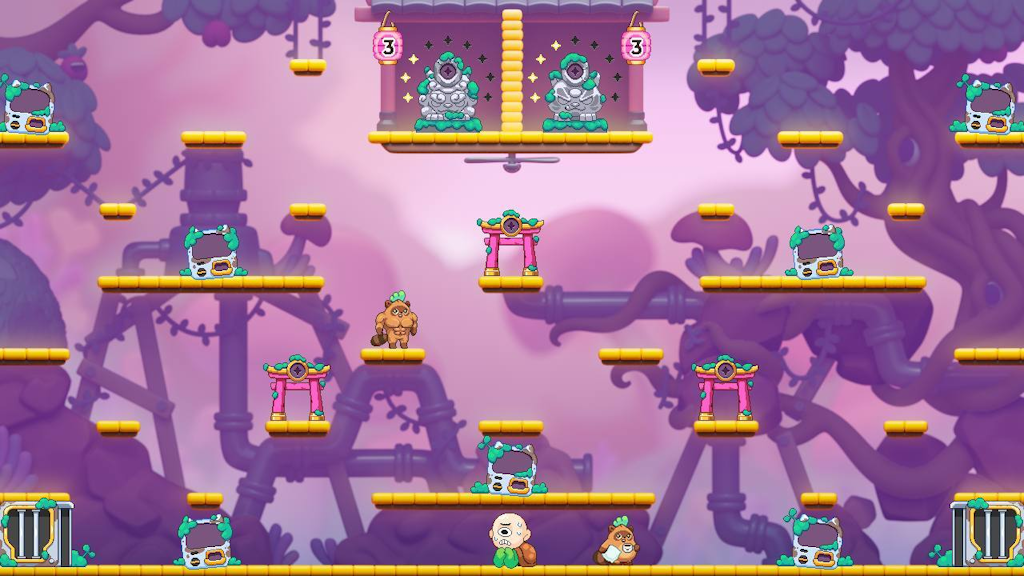Moku Chief Business Officer shares why crypto gaming is broken — and how to fix it
Kathleen Osgood joins Moku to bring third-party brands to the studio’s AI game Grand Arena

Moku/Kathleen Osgood modified by Blockworks
This is a segment from The Drop newsletter. To read full editions, subscribe.
Community-focused gaming startup Moku has hired Kathleen Osgood as its chief business officer to cement the firm as a key player in crypto-powered AI gaming.
Osgood was previously Ronin builder Sky Mavis’s Director of Business Development for over three years, and was Jump Capital’s Director of Market Development before that.
Osgood told me in an interview that she’ll be focused on bringing new partnerships, market-makers, and institutions to the a16z Speedrun-backed studio.
“Web3 gaming is broken. Nearly everyone is trying the same model,” Osgood wrote in a post announcing her new role. “It’s not about more games. It’s about a different way to earn from games.”
In September, Moku raised $5.35 million in funding from Sky Mavis, a16z Games’ Speedrun, Framework Ventures, 32-bit Ventures, and over a dozen angel investors, plus others.
Moku began in 2021 as a launchpad and engagement platform to organize the Ronin community around different projects, but now has its own Ronin-based NFT collection of 8,888 cutesy characters and a flagship game, Grand Arena. The Mokis look a bit like bear-raccoon hybrids, and wear a range of different accessories and outfits. The floor price for a Moki Genesis NFT is about 219 RON, which is about $96.
“It’s built for AI,” Osgood told me of the upcoming game. “I think a lot of the problem in Web3, and people are seeing, is there are a lot of bots, and there isn’t a sticky audience.”
“Moku is turning it on its head and being like, we’re going to build a game for AI, and we’re going to create this whole AI system,” she said.
Essentially, Grand Arena players can bring select NFTs they own into the game as cards and have them battle each other in a hands-off way where the human player is primarily a spectator. NFT owners can also earn royalties on their assets when they’re used in-game.
NFTs that can connect to Grand Arena will be able to battle others’ NFT characters, and their characters’ personalities will change based on what happens.
Some early renderings and art of the game’s environment suggests it may have vertical battler elements in the vein of MapleStory or Super Smash Bros.
“I think this could transcend and just become like an AI-native competitive layer for all of gaming,” Osgood said. “Even past gaming, it’s mostly idle NFTs, assets, or IP that can come in and plug themselves in.”
Grand Arena has traits of an idle, casual battler game that could be appealing to those holding different NFTs but who maybe don’t have the time to grind levels in different games.
The Moku team plans to focus on Moki Mayhem with its own NFTs within Grand Arena first, with plans to let third-party collections plug in in the future.
“It actually is creating a whole new niche within crypto,” Osgood said.

Get the news in your inbox. Explore Blockworks newsletters:
- The Breakdown: Decoding crypto and the markets. Daily.
- 0xResearch: Alpha in your inbox. Think like an analyst.






